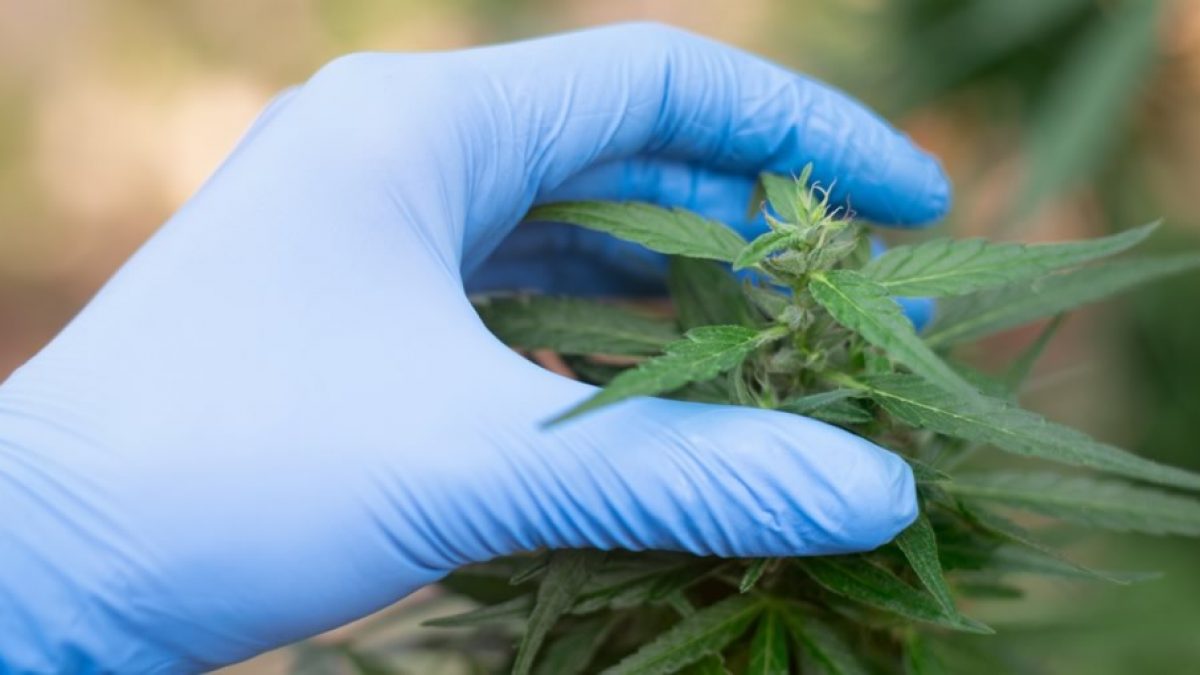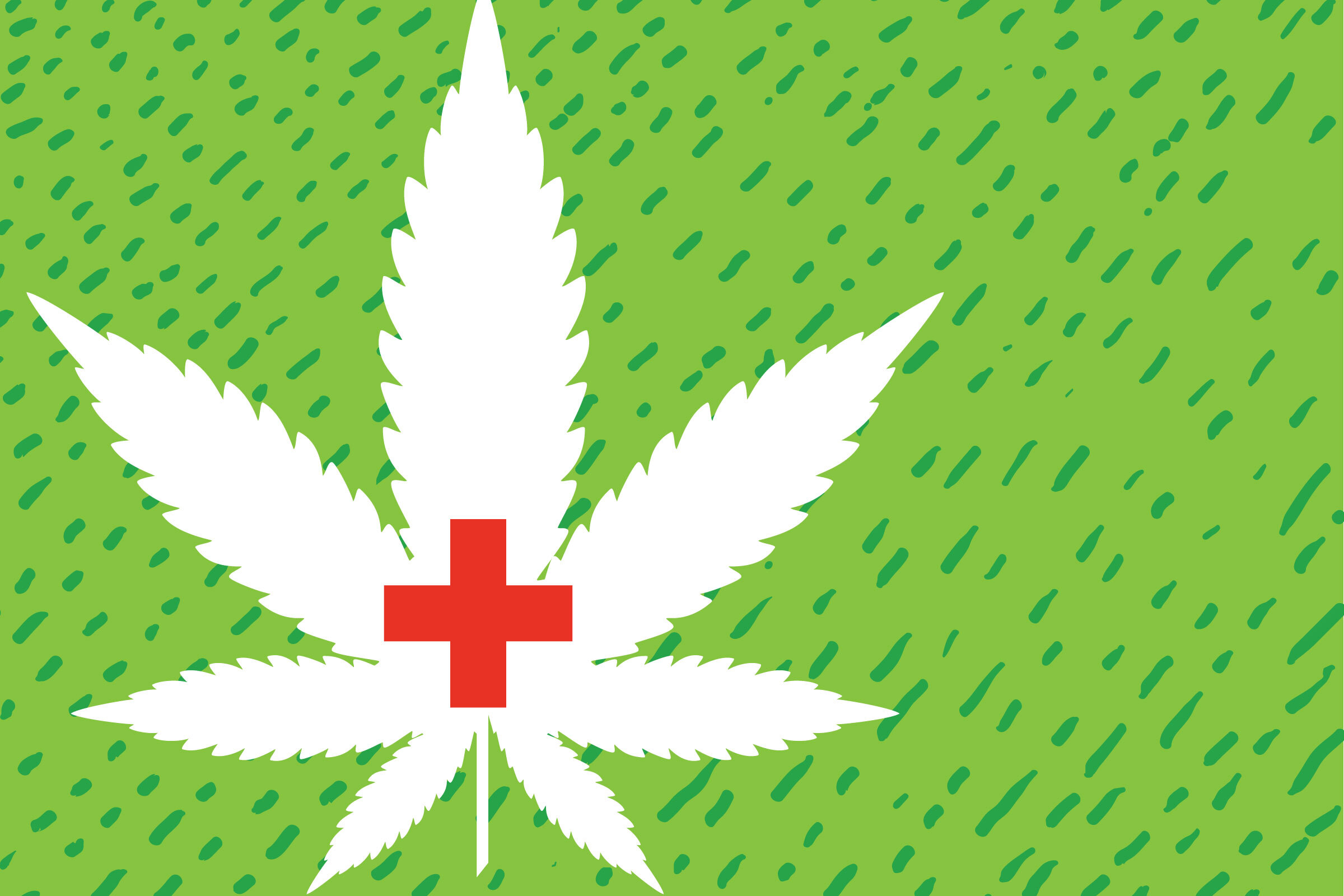Actions to Safeguard Your Medical Cannabis Card for Optimum Health Benefits
Actions to Safeguard Your Medical Cannabis Card for Optimum Health Benefits
Blog Article
Shedding Light on What Medical Cannabis Can Cure: an In-Depth Analysis of Its Restorative Residences
In current years, there has actually been an expanding interest in the therapeutic possibility of clinical marijuana. While unscientific evidence is plentiful, a thorough assessment of the scientific data relating to the performance of clinical marijuana in treating these problems is required.
Persistent Pain Management
Persistent discomfort monitoring continues to be a vital facet of healthcare, necessitating a thorough technique for efficient treatment. Recently, medical marijuana has actually arised as a possible therapeutic alternative for people struggling with chronic discomfort conditions. The endocannabinoid system, which plays a critical duty hurting inflection, has been targeted by cannabis-based treatments to alleviate symptoms and improve lifestyle for clients.
:max_bytes(150000):strip_icc()/iStock-187383537-58daf3115f9b584683c132f4.jpg)
In addition, clinical cannabis offers an appealing option for clients who experience excruciating negative effects from conventional discomfort medicines. Its capability to deal with discomfort through a different device makes it a valuable enhancement to the collection of treatments available for chronic discomfort management.
Epilepsy Therapy Potential
Medical marijuana has actually revealed encouraging possibility in the therapy of epilepsy, supplying an unique restorative approach for handling seizures in individuals. Epilepsy is a neurological problem defined by persistent seizures, impacting people of every ages. Typical treatments for epilepsy include antiepileptic drugs, but these drugs may not work for all people and can have considerable adverse effects.
Research on the usage of clinical marijuana for epilepsy has actually disclosed encouraging outcomes. Cannabidiol (CBD), a non-psychoactive compound located in cannabis, has been especially highlighted for its anticonvulsant properties. Researches have revealed that CBD can decrease the frequency and severity of seizures in patients with treatment-resistant forms of epilepsy, such as Dravet disorder and Lennox-Gastaut disorder.
Furthermore, the FDA has actually authorized a CBD-based medicine, Epidiolex, for the therapy of seizures linked with these extreme kinds of epilepsy. This turning point emphasizes the expanding acknowledgment of medical marijuana as a useful restorative alternative for taking care of epilepsy and provides hope for patients who have not responded well to conventional therapies.
Nausea Alleviation Benefits
The reduction of queasiness via the usage of cannabis has been significantly acknowledged for its restorative benefits in different clinical conditions. Nausea or vomiting and throwing up prevail symptoms experienced by people going through radiation treatment, those with intestinal problems, and individuals with chronic discomfort conditions. Medical cannabis, with its active compounds such as THC and CBD, has actually revealed guarantee in giving remedy for queasiness.

Additionally, clinical cannabis uses an all-natural alternative for people who do not react well to typical anti-nausea drugs or who experience serious adverse effects from these medications. People undergoing chemotherapy, in cottonwood instacare specific, have actually reported considerable renovations in their lifestyle when making use of cannabis to take care of queasiness. As research study around remains to expand, clinical marijuana is significantly being taken into consideration as a beneficial choice for queasiness alleviation in various medical setups.
Stress And Anxiety Reduction Effects
Research studies have demonstrated the potential of cannabis in minimizing anxiousness signs and symptoms with its interaction with the endocannabinoid system. The endocannabinoid system plays a vital function in regulating feelings, including stress and anxiety, by keeping homeostasis in the body. Cannabinoids in marijuana, such as THC and CBD, interact with the endocannabinoid receptors in the brain, particularly the CB1 and CB2 receptors, to modulate anxiety-related actions.

Patients with problems like generalized stress and anxiety disorder (GAD), social stress and anxiety condition, and post-traumatic stress and anxiety disorder (PTSD) may take advantage of the anxiolytic buildings of cannabis (Medical Marijuana Card Clinton MS). Nevertheless, further research study is needed to identify ideal dosages, shipment methods, and long-lasting impacts on anxiousness monitoring.
Possible for Inflammation Control
With its well-known anti-inflammatory residential or commercial properties, cannabis has actually revealed pledge in potentially controlling swelling within the body. Inflammation is the body's all-natural action to injury or infection, however when it becomes chronic, it can add to various diseases such as directory joint inflammation, this contact form inflammatory bowel illness, and even heart problem. Research study recommends that the cannabinoids located in cannabis, such as THC and CBD, can aid regulate the immune reaction and reduce swelling.
Researches have revealed that cannabis can interact with the endocannabinoid system, which plays a vital function in controling inflammation. By targeting the cannabinoid receptors, cannabis compounds can regulate the immune reaction, causing a reduction in inflammation levels. This makes cannabis a potential candidate for managing inflammatory problems where standard therapies have failed.
Additionally, cannabis-derived products like CBD oil have gained appeal for their anti-inflammatory residential properties, with many people utilizing them as a natural remedy for conditions connected with swelling. While more study is required to completely recognize the devices behind cannabis's anti-inflammatory impacts, present findings show promising results for the prospective use of clinical cannabis in controlling inflammation.
Verdict
In verdict, clinical cannabis has actually shown encouraging restorative residential properties in handling chronic discomfort, dealing with epilepsy, alleviating queasiness, reducing anxiety, and controlling swelling. Its potential advantages in various clinical conditions highlight the value of additional research study and expedition into its medical usage. The evidence recommends that medical marijuana could be an important alternative therapy choice for clients seeking remedy for a variety of problems and symptoms.
In recent years, medical cannabis has actually arised as a prospective healing alternative for people experiencing from chronic pain conditions.Medical marijuana has shown promising capacity in the treatment of epilepsy, providing a novel therapeutic method for taking care of seizures in patients. As research in this area proceeds to expand, clinical cannabis is significantly being thought about as a beneficial option for queasiness alleviation in different clinical setups.
In conclusion, medical cannabis has actually shown appealing healing properties in handling chronic pain, treating epilepsy, easing nausea, lowering stress and anxiety, and regulating swelling. The proof suggests that clinical marijuana might be a useful alternative therapy choice for people looking for relief from a range of problems and symptoms.
Report this page